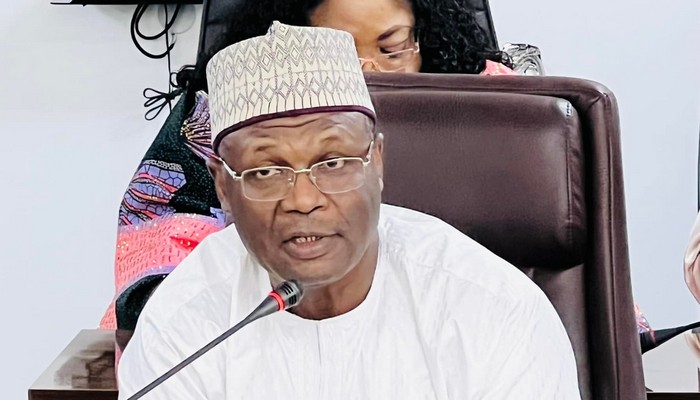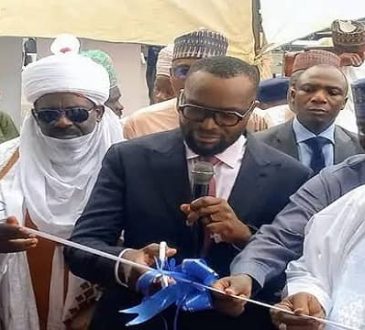
The Director-General of the Budget Office, Ben Akabueze, has raised alarm that Nigeria was fast exceeding its limited borrowing space due to its poor debt-to-revenue ratio, warning of looming trouble.
Akabueze made this known while addressing members-elect of the 10th National Assembly at their week-long induction ceremony on Wednesday, at the International Conference Centre, Abuja, where he noted that Nigeria’s debt profile was becoming unsustainable.
The Budget Office boss pointed out that while Nigeria remains healthy with its debt-to-GDP ratio, the country is not with its debt-to-revenue ratio.
Akabueze said, “You may have heard that we have one of the lowest Gross Domestic Products-to-debt ratios in the world. While the size of the FG budget for 2023 created some excitement, the aggregate budget of all the governments in the country amount to about N30tn. That is less than 15 per cent in terms of ratio to GDP.
“Even on the African continent, the ratio of spending is about 20 per cent. South Africa is about 30 per cent; Morocco is about 40 per cent. And at 15 per cent, that is too small for our needs. That is why there is fierce competition for the limited resources.
“That can determine how much we can relatively borrow. We now have very limited borrowing space; not because our debt to GDP is high, but because our revenue is too small to sustain the size of our debt. That explains our high debt service ratio. Once a country’s debt service ratio exceeds 30 per cent, that country is in trouble and we are pushing towards 100 per cent, and that tells you how much trouble we are in.
“We have limited space to borrow. When you take how much you can generate in terms of revenue and what you can reasonably borrow, that establishes the size of the budget. The next thing would be to pay attention to the government’s priority regarding what project gets what.”
Akabueze emphasized at the ceremony that Nigeria should not be classified as an oil-rich economy.
His words: “We are not even an oil-rich economy. To classify oil-rich economies, you talk of countries like Saudi Arabia where there are 34 million of them and pump 10 million barrels of crude per day, or Kuwait where there are 3 million of them and pump three million barrels per day.’’
The Budget Office boss added that while Nigeria has a population of over 200 million, the country is currently pumping about 1.9 million barrels per day.”
He stressed, “So, we are not a rich economy and must resist the temptation we are an oil-rich economy. Let me make it clear that we are potentially rich countries, but we are not.”






